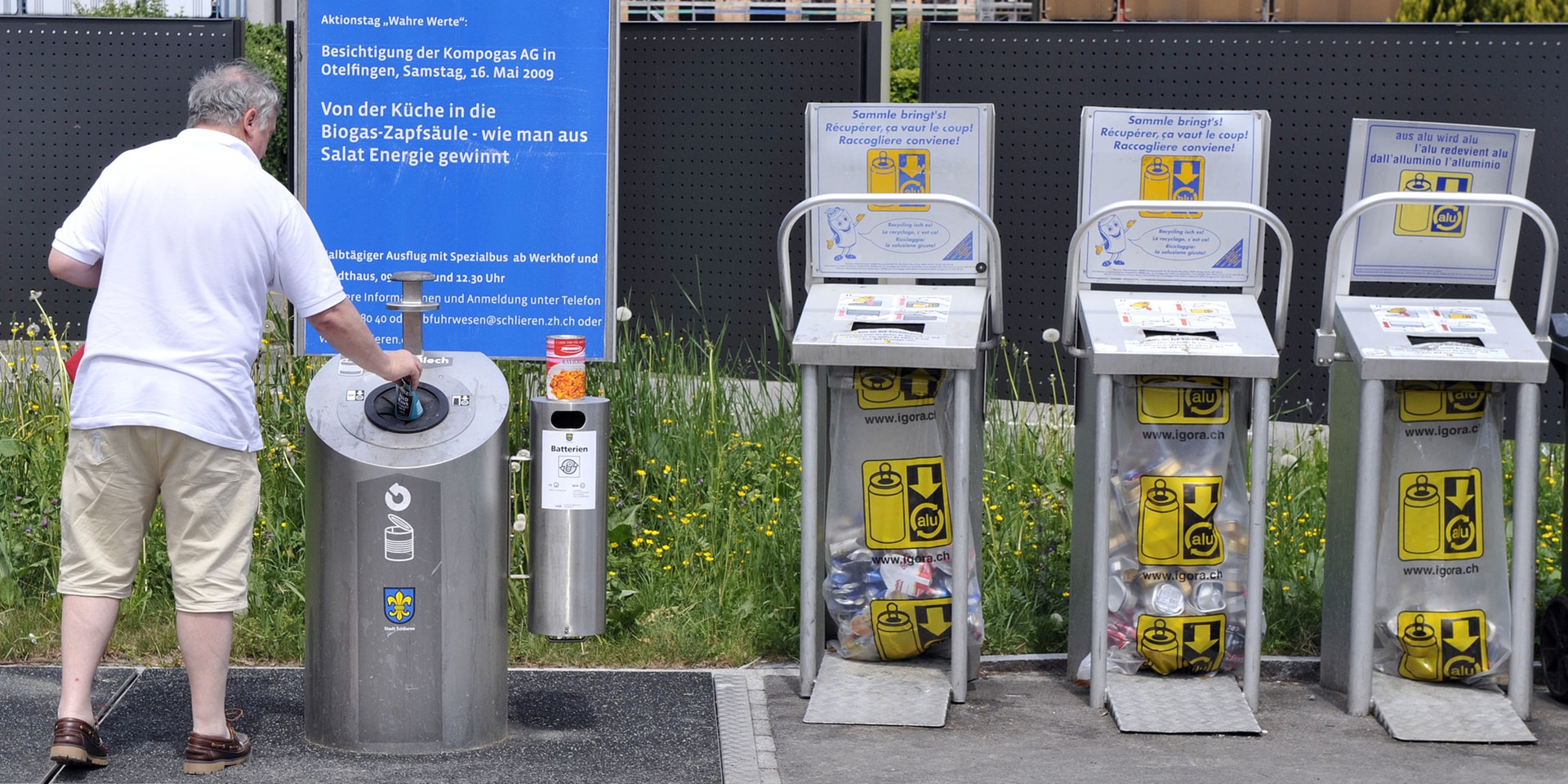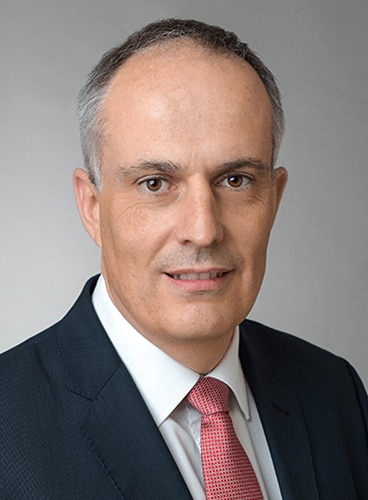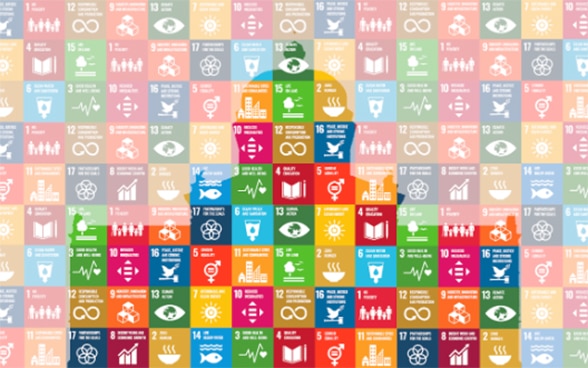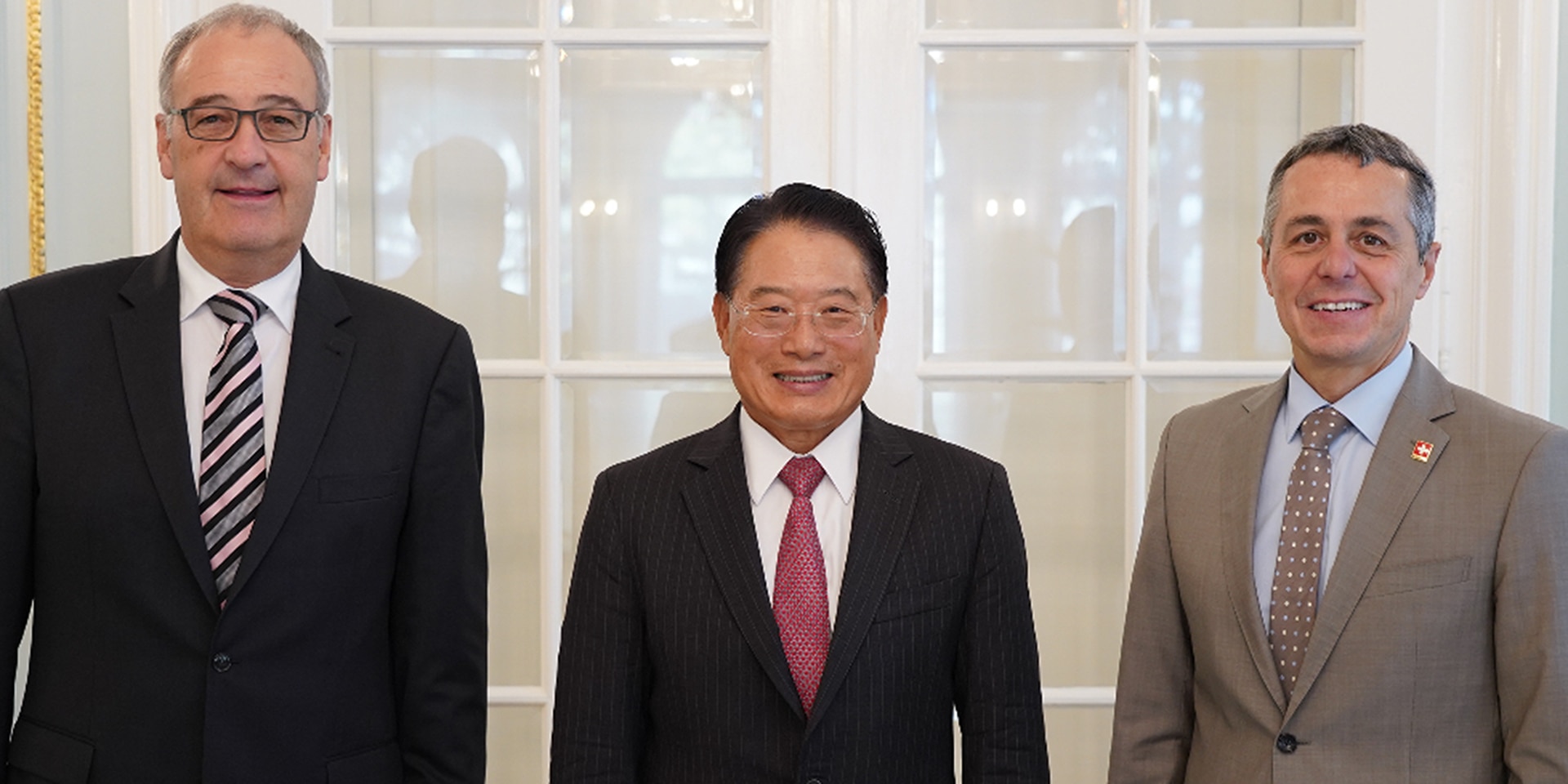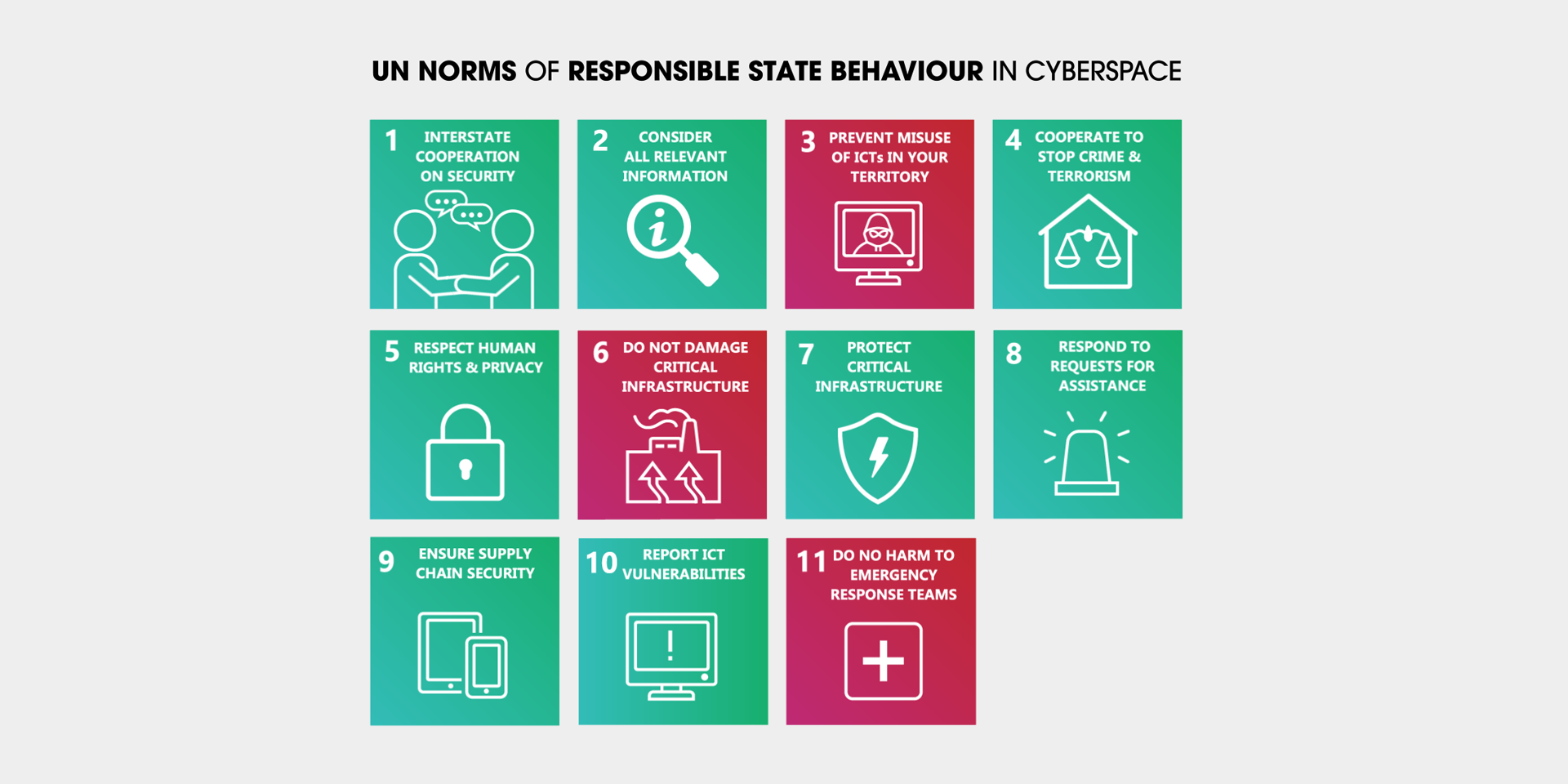Swiss contributions to achieving the 17 SDGs of the 2030 Agenda: Examples
Compensating for emissions
Companies and private individuals alike are striving to reduce their carbon footprint, primarily by cutting their emissions. Companies are investing in renewable energy, while private individuals are cutting back on their meat consumption. For emissions that are harder to reduce, there are a range of CO2 compensation services available that provide solutions to sectors, companies and even private individuals.
Making anti-corruption expertise available worldwide
The mission of the Basel Institute on Governance is to combat corruption. The competence centre, which is affiliated with the Universtiy of Basel, helps companies and governments around the world to fight abuses, advising them on how to improve their governance and promoting international cooperation to ensure stolen assets are recovered and returned. To this end, its experts train specialists in the affected countries and develop digital tools. The institute works with UN organisations, Interpol and the private sector as part of this process.
Promoting sustainable investment
Switzerland is a leading financial centre that manages a quarter of the world's crossborder assets. Investments that have a positive impact on the environment, society and governance are a key part of the transition to a sustainable economy.
Switzerland wishes to take responsibility in this respect. At the beginning of this year it pledged its support for the Task Force on Climate-Related Financial Disclosures (TCDF). This is an important step, as the TCDF's recommendations provide an international framework allowing companies to correctly calculate the costs of their climate risks. Through concrete measures such as these, as well as their implementation in international forums, Switzerland is sending a strong signal that it is a sustainable financial centre.

